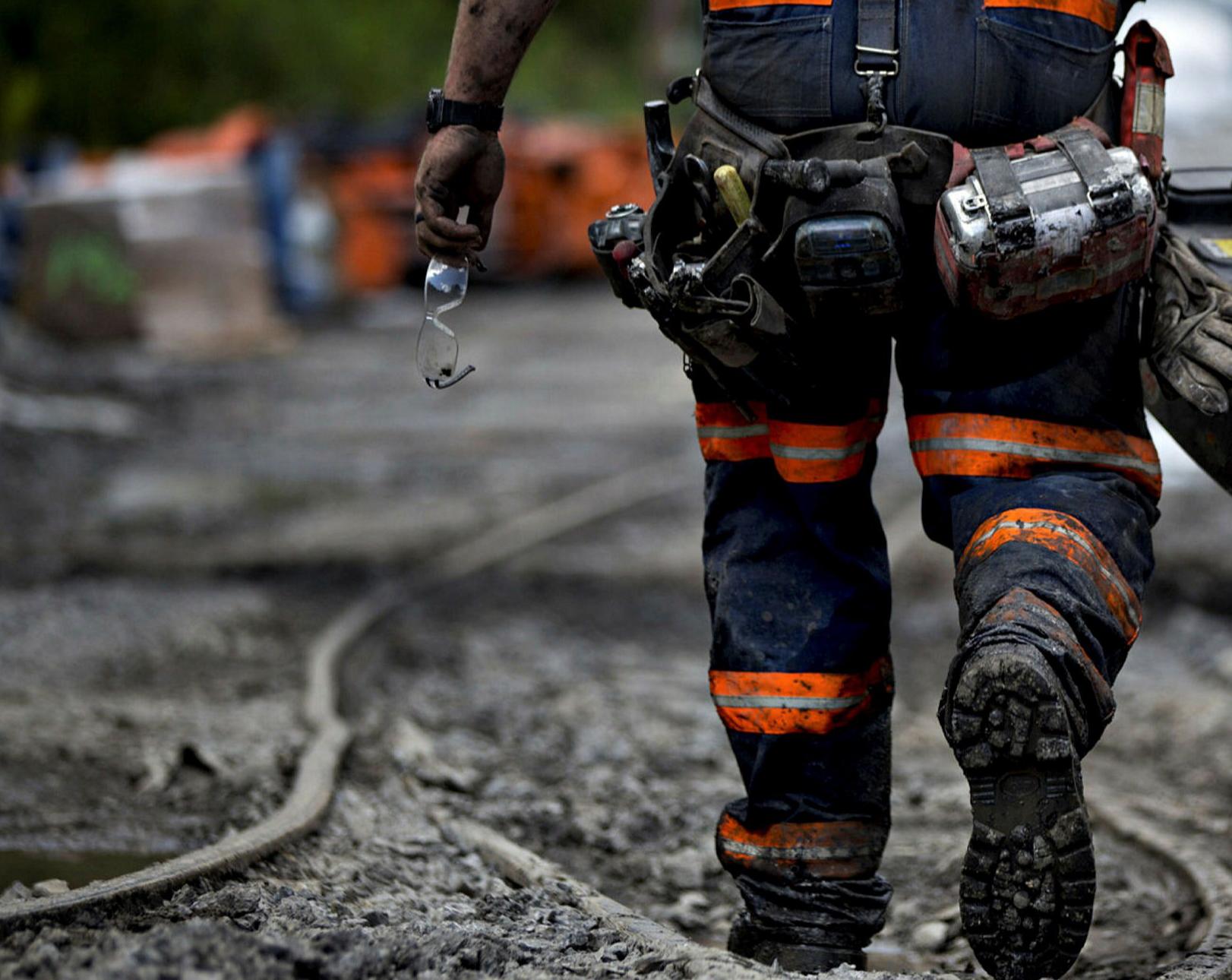
3 minute read
Interagency Working Group “Major Announcement” Would Be Made Soon
INDUSTRY INSIDER
Coal Power plant at dusk. photo: By leungchopan
Interagency Working Group: “Major Announcement” Would Be Made Soon
The public should be prepared To hear abouT a "major announcement" from one of President Joe Biden's Interagency Working Group on Coal and Power Plant Communities and Economic Revitalization, according to the executive director.
One of the 11 member agencies of the IWG, according to Brian Anderson, who is also the director of the (NETL) National Energy Technology Laboratory, is anticipated to unveil a new program soon.
"I can't tell which agency is up next until we make it public," he said, "but we're working on a huge announcement from one of the other agencies about how they'll be investing in coal, energy, and power plant areas across the country."
On Jan. 27, the IWG was established by Executive Order 14008, Section 218 to ensure that the transition to a clean-energy economy creates good-paying union jobs, stimulates economic revitalization, mitigates environmental degradation, and revamps energy workers in coal, oil, and gas communities across the country. "This isn't the time for half-measures. We must take risks. So, to be clear, this includes assisting towns around coal, oil, gas, and power plants in revitalizing their economy.
When Biden announced the order, he said, "We have to start by creating new, good-paying jobs, capping abandoned wells, reclaiming mines, and transforming old brownfield sites into new hubs of economic growth."


Brian Anderson
leaders, and forward-thinking business leaders, as well as young people who are mobilizing and leading the way."
Department of Treasury, Department of the Interior, Department of Agriculture, Department of Commerce, Department of Labor, Department of Health and Human Services, Department of Transportation, Department of Energy, Department of Education, Environmental Protection Agency, Office of Management and Budget, Domestic Policy Council, and Appalachian Regional Commission are among the 11 federal agencies that make up the IWG. "We're trying to figure out how all 11 agencies can best help communities around the country and there would be a strady stream of declarations." Anderson explained.
The IWG issued an initial report on findings and recommendations to spur economic development in traditional energy towns within 60 days of Biden's command, which included plans for $109.5 million in funding for programs that directly assist job creation. ing federal money for infrastructure, environmental remediation, union job development, and community revitalization efforts.
The investment includes nearly $260 million in current resources that the Department of the Interior has previously mobilized to promote abandoned mining land reclamation, mostly in Appalachia.
According to Anderson, the IWG is already planning a series of events in the 25 "priority regions" hardest harmed by declining coal production and consumption highlighted in its original report.
"So that we can continue to create capacity, as well as pull out investments and continue some of the analysis on these energy communities and how they can be dramatically impacted by an energy transition," he explained.
The "Southern West Virginia non-metropolitan area," the Wheeling area, the "Northern West Virginia non-metropolitan area," and Beckley and Charleston, which cover more than 40 of the state's 55 counties, are among the areas mentioned in the original assessment.
"A lot of the on-the-ground engagement with communities is continuing to analyze and gather what their prospective future is and how we can identify resources across agencies," he added.
Anderson stated that a lot of other IWG reports would be given out in the future. "There will be reports coming out at the (one) year mark, as well as reports coming out in four distinct workstreams across time," he explained.
According to Anderson, investment, stakeholder/community engagement, policy, and integration are the four "workstreams,".










